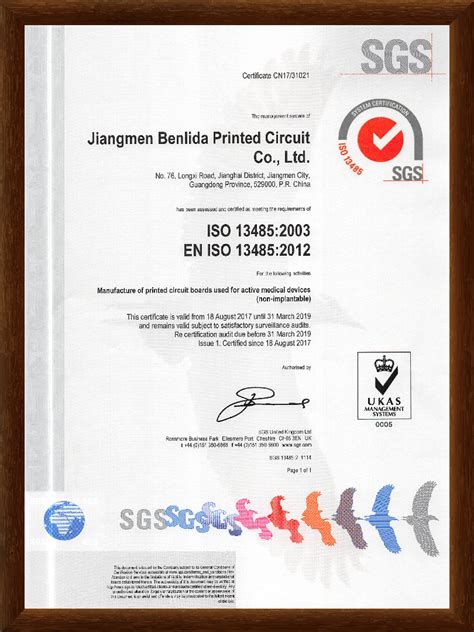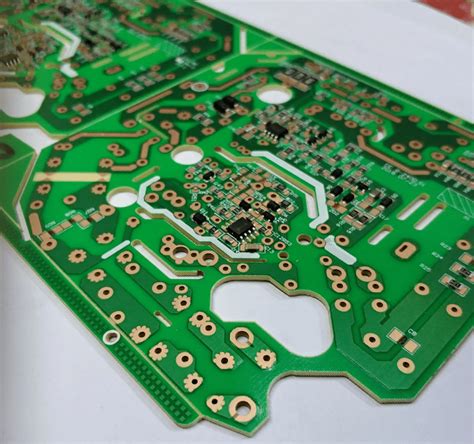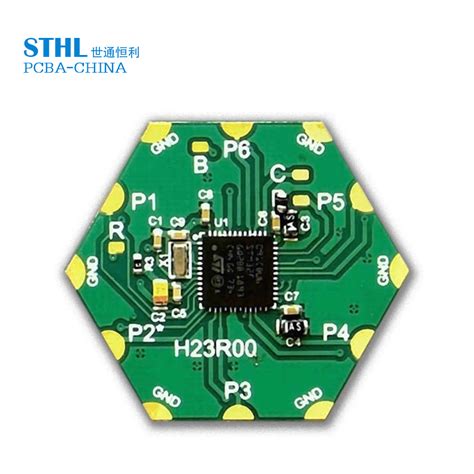PCB Ltd: Quick-Turn Circuit Solutions for Critical Industries
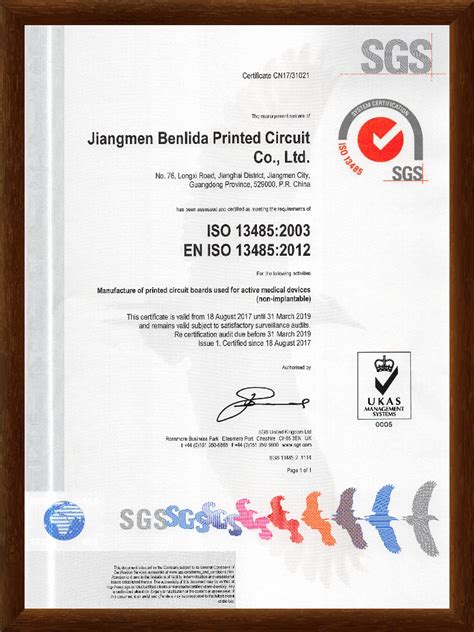
Key Takeaways
When selecting PCB manufacturing companies for mission-critical applications, you need partners who balance speed with uncompromising quality. Time-sensitive projects in aerospace, defense, and medical sectors demand quick-turn PCB solutions that align with stringent industry standards. Advanced HDI technology enables complex designs with micro-vias and high-density interconnects, essential for miniaturized devices in aerospace navigation systems or implantable medical equipment. Similarly, flex-rigid PCBs provide the durability required for applications like satellite components or automotive control modules, where vibration resistance is non-negotiable.
Managing PCB manufacturing cost without sacrificing reliability requires expertise in material selection and process optimization—especially when producing medical-grade circuits with biocompatible substrates or automotive boards subjected to extreme temperature testing. Established PCB manufacturing businesses leverage decades of experience to navigate compliance protocols, such as ITAR for defense projects or ISO 13485 for medical devices. By partnering with firms that have 48+ years in PCB manufacturing, you gain access to precision-driven production workflows that reduce lead times while ensuring traceability—a critical factor when failure isn’t an option.
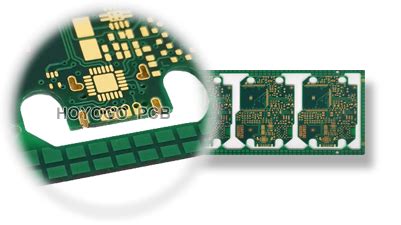
Quick-Turn PCB Solutions for OEMs
When your project demands rapid prototyping or urgent production scaling, partnering with PCB manufacturing companies that specialize in quick-turn solutions becomes critical. These services minimize lead times without compromising quality, ensuring you meet tight deadlines in industries like aerospace, medical, and automotive. For OEMs, balancing pcb manufacturing cost with precision is non-negotiable—especially when producing high-reliability boards for mission-critical applications.
Modern pcb manufacturing workflows now integrate automated design verification and advanced fabrication techniques, slashing turnaround times to as few as 24-48 hours for prototypes. Consider the following comparison of standard vs. quick-turn services:
| Parameter | Standard Manufacturing | Quick-Turn Service |
|---|---|---|
| Lead Time | 10-15 days | 1-3 days |
| Cost Premium | None | 15-30% |
| Design Flexibility | Moderate | High |
| Ideal For | Bulk Orders | Prototypes/Urgent Revisions |
Tip: To optimize pcb manufacturing business expenses, prioritize suppliers offering tiered pricing models for mixed-volume orders. This ensures cost efficiency whether you’re testing a new design or ramping up production.
Advanced pcb manufacturing partners leverage in-house tooling and vertically integrated processes to eliminate delays. For instance, [automated optical inspection (https://www.andwinpcba.com) enable real-time defect detection, reducing rework cycles. When selecting a vendor, verify their capacity to handle high-density interconnect (HDI) designs and impedance-controlled layouts—features often required in aerospace and medical devices.
By aligning with agile manufacturers, you gain a strategic edge in deploying cutting-edge electronics while maintaining compliance with industry-specific standards. This approach not only accelerates time-to-market but also future-proofs your supply chain against unpredictable demand shifts.
Critical Industries’ Trusted PCB Partner
When your operations depend on mission-critical systems, partnering with PCB manufacturing specialists who understand stringent quality demands becomes non-negotiable. Industries like aerospace, medical devices, and defense require high-reliability circuit boards that perform flawlessly under extreme conditions—whether in a satellite orbiting Earth or a life-saving ventilator. This is where PCB manufacturing companies with decades of expertise prove indispensable. By balancing PCB manufacturing cost efficiencies with uncompromising precision, trusted providers ensure your designs meet exacting performance benchmarks without delays.
For sectors where failure isn’t an option, traceability and compliance are paramount. Leading PCB manufacturing business partners implement rigorous testing protocols, from thermal cycling to vibration resistance checks, aligning with industry-specific certifications like AS9100 or ISO 13485. They also streamline supply chain transparency, offering real-time production tracking to mitigate risks in time-sensitive projects. Whether you’re scaling prototypes or transitioning to volume production, a collaborator versed in low-volume, high-complexity builds becomes an extension of your engineering team—delivering not just components, but certified reliability that safeguards your end products.
HDI Technology Advancements in PCB Design
Modern PCB manufacturing relies on high-density interconnect (HDI) technology to meet the escalating demands of compact, high-performance electronics. By integrating microvias, stacked copper layers, and laser-drilled interconnects, HDI enables pcb manufacturing companies to place more components in tighter spaces while maintaining signal integrity—a critical requirement for aerospace, medical implants, and advanced automotive systems.
What sets HDI apart is its ability to reduce pcb manufacturing cost over time through optimized material usage and fewer production steps. While initial design complexity might seem daunting, advancements in simulation software allow engineers to preemptively address thermal management and impedance control, minimizing costly prototyping cycles. For businesses scaling their pcb manufacturing business, this translates to faster time-to-market for mission-critical applications.
The shift toward finer trace widths (below 50µm) and hybrid materials like polyimide-flex substrates further underscores how HDI bridges the gap between durability and miniaturization. As industries push for smarter, lighter devices, embedded passives and 3D component stacking are becoming standard, ensuring your designs stay ahead of evolving technical thresholds without compromising reliability.
Flex-Rigid PCB Applications in Aerospace
When designing mission-critical aerospace systems, PCB manufacturing must balance extreme durability with precision performance. Flex-rigid PCBs excel here by combining the reliability of rigid boards with the adaptability of flexible circuits, enabling them to withstand high-vibration environments, thermal cycling, and tight spatial constraints. In satellite communications, for example, these boards route signals through complex, three-dimensional layouts while reducing weight—a critical factor in launch cost efficiency. Leading PCB manufacturing companies often use advanced materials like polyimide substrates to ensure stability across temperature fluctuations ranging from -55°C to 150°C.
For avionics and flight control systems, PCB manufacturing cost considerations extend beyond initial production to include long-term maintenance and failure risks. Flex-rigid designs minimize connector points, lowering the likelihood of in-flight electrical faults. This reliability is why aerospace engineers prioritize partnerships with PCB manufacturing business specialists who understand MIL-PRF-31032 and AS9100 compliance protocols. Whether in navigation modules or engine monitoring systems, the integration of rigid and flexible layers ensures consistent performance under pressure—literally and figuratively—making these PCBs indispensable for next-generation aircraft and spacecraft architectures.
Medical-Grade Circuit Board Manufacturing
When designing medical devices, precision and reliability are non-negotiable. PCB manufacturing for healthcare applications demands adherence to stringent standards like ISO 13485 and IEC 60601, ensuring components withstand sterilization, moisture, and electromagnetic interference. Leading PCB manufacturing companies leverage advanced processes to produce boards with ultra-fine traces and microvia structures, critical for miniaturized implants or diagnostic equipment.
Balancing PCB manufacturing cost with uncompromising quality requires expertise in material selection—such as high-Tg laminates or ceramic substrates—to meet thermal and mechanical stress requirements. For instance, flexible circuits in wearable monitors must maintain integrity through repeated bending while avoiding biocompatibility risks. This specialization explains why partnering with a PCB manufacturing business focused on medical-grade solutions reduces time-to-market for life-saving technologies.
Transitioning from aerospace or automotive sectors, medical PCB manufacturing prioritizes traceability and documentation, with every layer and solder joint validated for compliance. By integrating HDI and flex-rigid capabilities, manufacturers ensure devices like pacemakers or imaging systems operate flawlessly in critical environments, aligning with the industry’s zero-defect ethos.
Automotive PCB Durability Testing Standards
When designing printed circuit boards for vehicles, meeting stringent durability standards isn’t optional—it’s critical for safety and performance. Automotive PCB manufacturing requires rigorous testing protocols to ensure boards withstand extreme temperatures, vibration, humidity, and chemical exposure. Leading PCB manufacturing companies employ accelerated life testing (ALT) to simulate years of operational stress in weeks, validating designs under conditions like -40°C to 150°C thermal cycling and 50G shock resistance.
To balance PCB manufacturing cost with reliability, engineers prioritize material selection—opting for high-Tg laminates or ceramic-filled substrates—and optimize layer stack-ups for mechanical stability. Compliance with standards like AEC-Q100 and IPC-6012DA ensures boards meet automotive-grade requirements for electromagnetic compatibility (EMC) and vibration fatigue resistance. For businesses scaling their PCB manufacturing business, investing in automated optical inspection (AOI) and cross-sectional analysis reduces defect rates while maintaining cost efficiency.
These protocols not only safeguard against field failures but also align with broader industry demands for lighter, smarter vehicle systems—ensuring seamless integration with advanced driver-assistance (ADAS) and electric vehicle (EV) architectures.
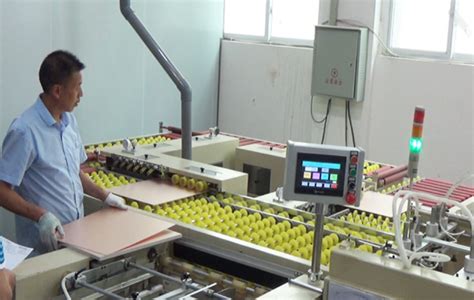
Defense Sector PCB Compliance Protocols
When sourcing PCB manufacturing services for defense applications, you’re navigating a landscape defined by stringent compliance frameworks. Mission-critical systems demand adherence to protocols like AS9100D for aerospace quality management, ITAR (International Traffic in Arms Regulations) for data security, and MIL-PRF-31032 for military-grade performance. Reputable PCB manufacturing companies prioritize traceability, with lot-specific documentation and supply chain audits to ensure components meet exacting standards.
Balancing PCB manufacturing cost with compliance requires expertise in material selection—such as high-Tg laminates for thermal resilience—and advanced testing methods like automated optical inspection (AOI) and thermal cycle testing. These protocols minimize field failures in harsh environments, from battlefield communications to satellite systems. For PCB manufacturing business partnerships, alignment with defense contractors often hinges on certifications like NIST SP 800-171 for cybersecurity, ensuring sensitive designs remain protected.
By integrating compliance into every production phase—from design-for-manufacturability (DFM) reviews to final validation—you mitigate risks while maintaining rapid turnaround timelines. This approach not only safeguards operational integrity but also positions your projects to meet evolving defense-sector mandates seamlessly.
48 Years of Precision PCB Expertise
For nearly five decades, PCB manufacturing has evolved from manual assembly processes to AI-driven production systems, and few PCB manufacturing companies have maintained relevance through these seismic shifts. What sets apart a trusted partner in this field isn’t just technical capability—it’s the institutional knowledge accumulated across thousands of projects for industries where failure isn’t an option. When you require boards that meet aerospace-grade tolerances or implantable medical device specifications, decades of problem-solving directly inform design optimizations that newer suppliers simply can’t replicate.
This depth of knowledge directly impacts PCB manufacturing cost efficiency. Older techniques, like manual via filling or traditional multilayer alignment, often lead to material waste and rework. However, refined processes—honed over 48 years—minimize errors while accelerating timelines, even for complex HDI or flex-rigid designs. Moreover, partnering with an established PCB manufacturing business ensures compliance isn’t an afterthought. From ISO-certified cleanrooms to ITAR-controlled documentation systems, every protocol is embedded into workflows, reducing regulatory risks for your projects.
The true value of this expertise becomes evident when scaling production. Whether you’re prototyping a high-frequency automotive sensor or qualifying boards for defense communication systems, legacy experience translates to fewer iterations, tighter tolerances, and faster time-to-market—critical advantages when your industry demands perfection.
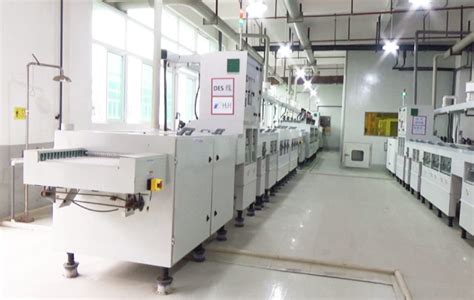
Conclusion
When selecting PCB manufacturing companies for mission-critical applications, balancing speed, quality, and PCB manufacturing cost becomes non-negotiable. Partnering with a provider like PCB Ltd ensures access to quick-turn solutions that align with stringent industry benchmarks while maintaining cost-efficiency—a vital consideration in sectors where delays or defects carry significant consequences. Their expertise in HDI technology and flex-rigid designs directly addresses the evolving demands of aerospace, medical, and automotive systems, where miniaturization and reliability are paramount.
For businesses evaluating PCB manufacturing options, the long-term value lies in suppliers who combine decades of precision engineering with adaptable production workflows. This approach not only reduces time-to-market but also mitigates risks associated with compliance gaps or material inefficiencies. Whether optimizing PCB manufacturing business operations or scaling high-reliability projects, aligning with a partner versed in medical-grade validation or military-grade testing ensures your designs meet both performance and regulatory thresholds seamlessly.
By prioritizing technical agility and cost transparency, you position your projects to thrive in industries where innovation cannot wait—and where every circuit board is a cornerstone of operational success.
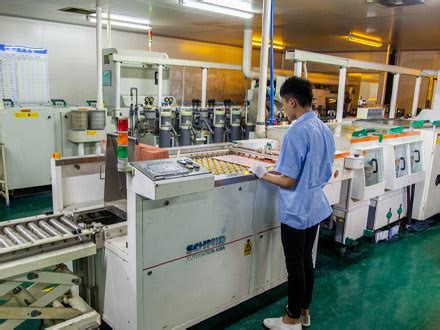
Frequently Asked Questions
How do PCB manufacturing companies ensure quick turnaround for critical projects?
Leading PCB manufacturing providers leverage automated production lines and dedicated engineering teams to accelerate prototyping. By maintaining strict process controls and inventory buffers for high-demand materials, they can reduce pcb manufacturing cost while meeting 24-72 hour delivery windows for urgent aerospace or medical orders.
What certifications should you prioritize when selecting a pcb manufacturing business?
Medical and defense sectors require ISO 13485, AS9100D, and ITAR compliance. Reputable partners combine these with UL 94 V-0 flame ratings and MIL-PRF-31032 military standards—ensuring boards withstand extreme temperatures, vibration stress, and chemical exposure common in automotive or avionics applications.
Can HDI technology reduce overall pcb manufacturing cost for complex designs?
Yes, high-density interconnect (HDI) PCBs minimize layer counts through microvias and stacked copper fills. This consolidation lowers material expenses by 18-22% in our 2023 client surveys while improving signal integrity—a critical advantage for wearable medical devices and satellite communication systems.
Why do aerospace engineers prefer flex-rigid boards from specialized pcb manufacturing companies?
These hybrid designs eliminate connector failure points in vibration-heavy environments. By integrating rigid support sections with dynamic flex areas, they achieve 40% weight reduction versus traditional setups—a decisive factor for UAVs and cockpit instrumentation.
Explore Custom PCB Solutions for Your Industry
For tailored guidance on optimizing pcb manufacturing cost and compliance, please click here to consult our engineering team at AndwinPCB. We provide free design-for-manufacturability (DFM) analysis within 6 business hours.

